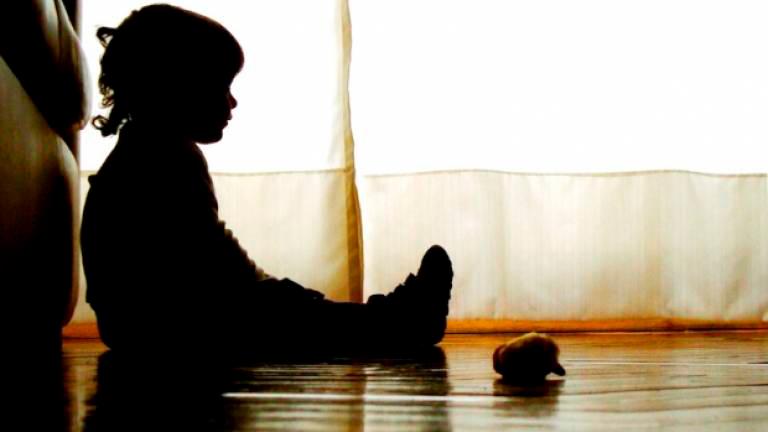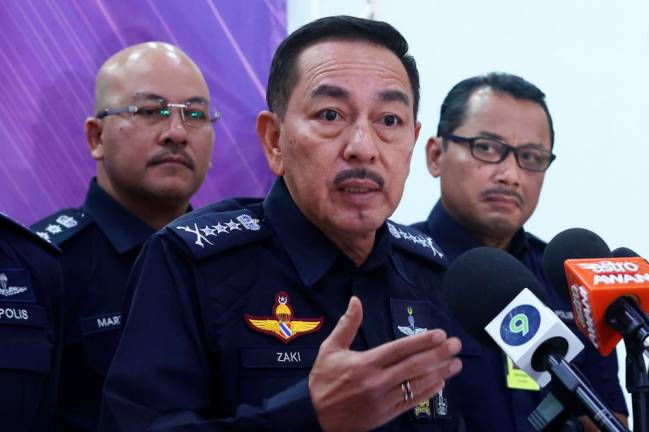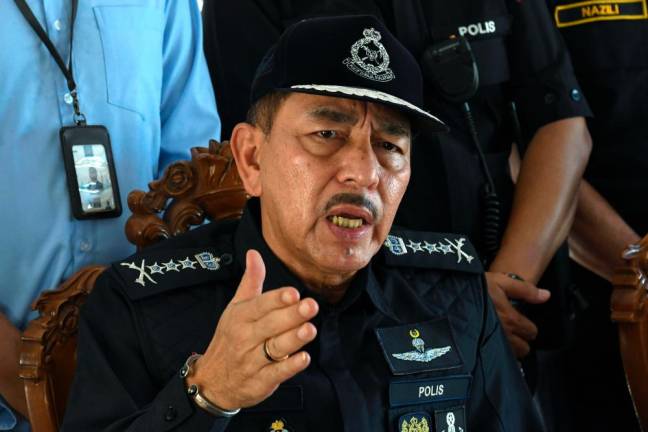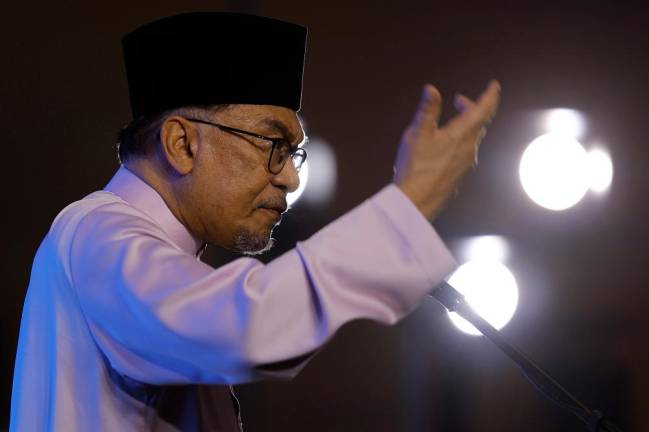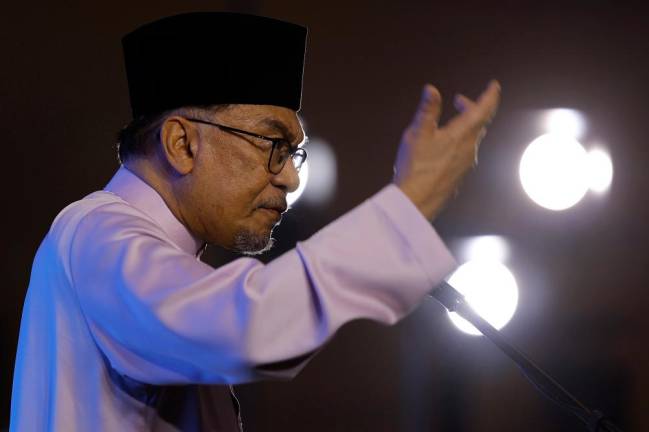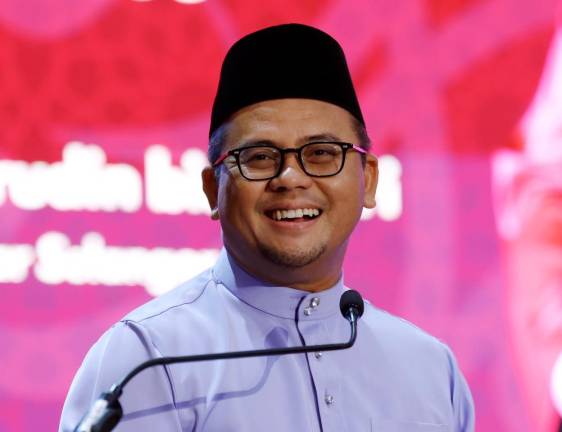PETALING JAYA: Children in Malaysia are generally adequately protected. There are legislations in place to guarantee their rights.
Yet, legal experts say many remain at risk due to poor enforcement of the law as well as cultural and religious practices that are no longer suitable in current times.
“The core issue here is how well has the law been enforced,” said litigation lawyer Etrus Tan, adding that more often than not, child abuse cases are linked to poor enforcement of the law.
“Parents, teachers and even some policemen are generally not well versed in the law. I have come across a battered wife and children who did not know what they could do to protect themselves.”
Tan said other sensitive issues that need to be addressed are child marriage and unilateral religious conversion of underage children.
He proposed the government work with civil society to improve public awareness on the dangers of child marriage and to initiate discussions on the issue with religious authorities with a view to creating legislations that will protect children from such unions.
Tan was commenting on a proposal by Pengerang MP Datuk Seri Azalina Othman Said that an independent children’s commission be set up under an Act of Parliament.
Azalina, who is also chairman of the Select Committee on Women and Children’s Affairs and Social Development, said last week that the commission should also be given sufficient funds by the government to ensure that it plays a proper role in protecting children.
However, Tan said it was not necessary to set up a separate commission for children, given that the Office of the Children’s Commissioner (OCC) within the Human Rights Commission of Malaysia is already playing the role of safeguarding the rights of children.
“There is no pressing need for such a commission. Rather, the government could devote more funds and manpower to the OCC to enable it to be more effective in ensuring the rights of children are protected,” he said.
To ensure accountability, he said the OCC could be required to publish monthly or annual reports outlining its activities and the financial outlay involved.
“This report should be made available to the public. It would guarantee transparency and accountability and to ensure proper use of the government’s money,” he added.
Tan said apart from protecting their rights, children should also be sheltered from social problems such as poverty.
“This is another major concern that Malaysian children confront, particularly in the wake of the Covid-19 pandemic.”
According to a recent statement by Women, Family and Community Development Minister Datuk Seri Rina Harun, a total of 4,422 children have lost a parent, a guardian or both parents to Covid-19 as of Sept 13.
Tan said greater attention should be focused on these children, and noted that while Malaysian children aged six to 12 are required by law to attend school, similar privileges are not accorded to children born abroad or children of refugees.
Rina has on several occasions raised the issue of the rights of children born abroad to Malaysian mothers, describing it as a “work in progress”.
According to Teach For Malaysia, a non-governmental organisation that focuses on ensuring equal opportunity to education for all children, an issue that has to be dealt with urgently is abuse or harassment of children.
Its head of coaching and support, Chew Mei Yee, attributed the condition to a lack of cultural understanding and informed processes in schools to handle such matters.
“Schools could inculcate in students the knowledge of their rights and make them aware of how they can seek help in the event they are abused.
“Teachers should also be equipped with the knowledge and training to help students who have been exposed to domestic violence, harassment or other traumatic events,” she added.



